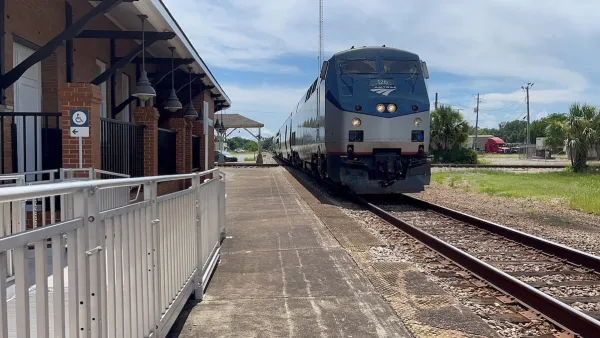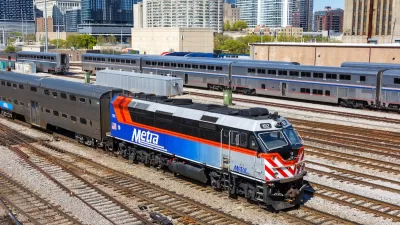Trains across the former Soviet Union have peculiar staff: kids. Wired's Autopia blog explains.
These train lines -- often only short stretches -- are intended as vocational training systems for kids thinking about a future in the rail industry.
"All of the work on a Children's Railway, from selling tickets to shunting trains, is performed by youngsters. They're usually between the ages of 10 and 14 and the work is usually unpaid. Still, it's not a flagrant violation of child labor laws. Kids actually compete for highly coveted spots running the railroad and they're excused from school for their work.
Begun as "Pioneer Railroads" in the 1930s and expanded in the 1950s, the narrow-gauge railways were a uniquely Soviet and Eastern-bloc phenomenon meant to prepare teenagers for future careers working as railroad engineers, ticket agents and car attendants."
FULL STORY: Kids Are Workin’ On The Railroad

Maui's Vacation Rental Debate Turns Ugly
Verbal attacks, misinformation campaigns and fistfights plague a high-stakes debate to convert thousands of vacation rentals into long-term housing.

Planetizen Federal Action Tracker
A weekly monitor of how Trump’s orders and actions are impacting planners and planning in America.

In Urban Planning, AI Prompting Could be the New Design Thinking
Creativity has long been key to great urban design. What if we see AI as our new creative partner?

King County Supportive Housing Program Offers Hope for Unhoused Residents
The county is taking a ‘Housing First’ approach that prioritizes getting people into housing, then offering wraparound supportive services.

Researchers Use AI to Get Clearer Picture of US Housing
Analysts are using artificial intelligence to supercharge their research by allowing them to comb through data faster. Though these AI tools can be error prone, they save time and housing researchers are optimistic about the future.

Making Shared Micromobility More Inclusive
Cities and shared mobility system operators can do more to include people with disabilities in planning and operations, per a new report.
Urban Design for Planners 1: Software Tools
This six-course series explores essential urban design concepts using open source software and equips planners with the tools they need to participate fully in the urban design process.
Planning for Universal Design
Learn the tools for implementing Universal Design in planning regulations.
planning NEXT
Appalachian Highlands Housing Partners
Mpact (founded as Rail~Volution)
City of Camden Redevelopment Agency
City of Astoria
City of Portland
City of Laramie





























